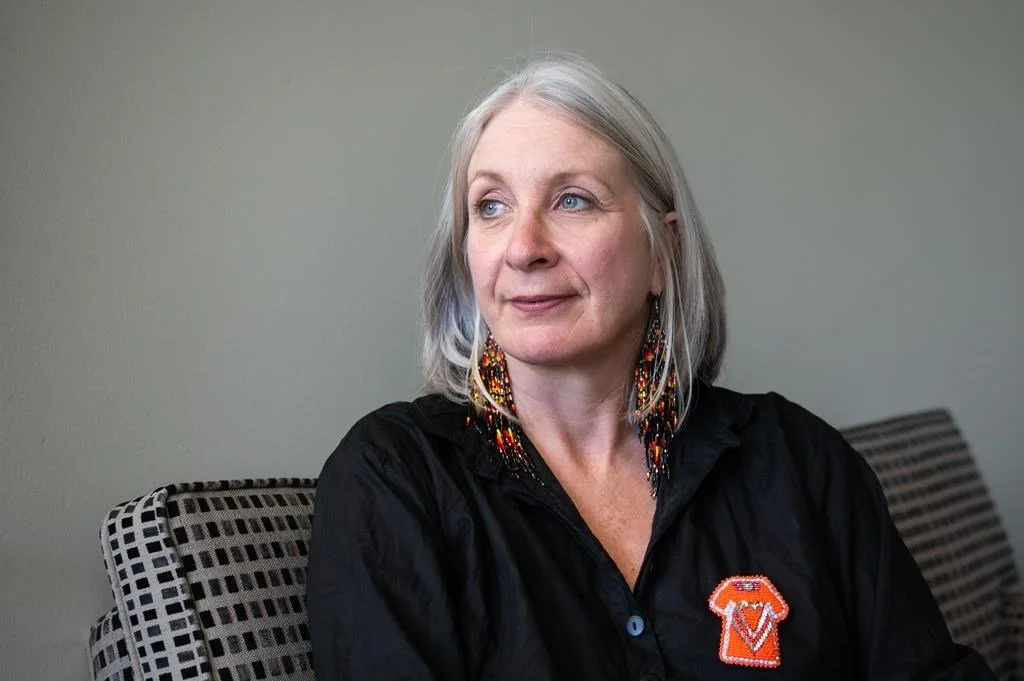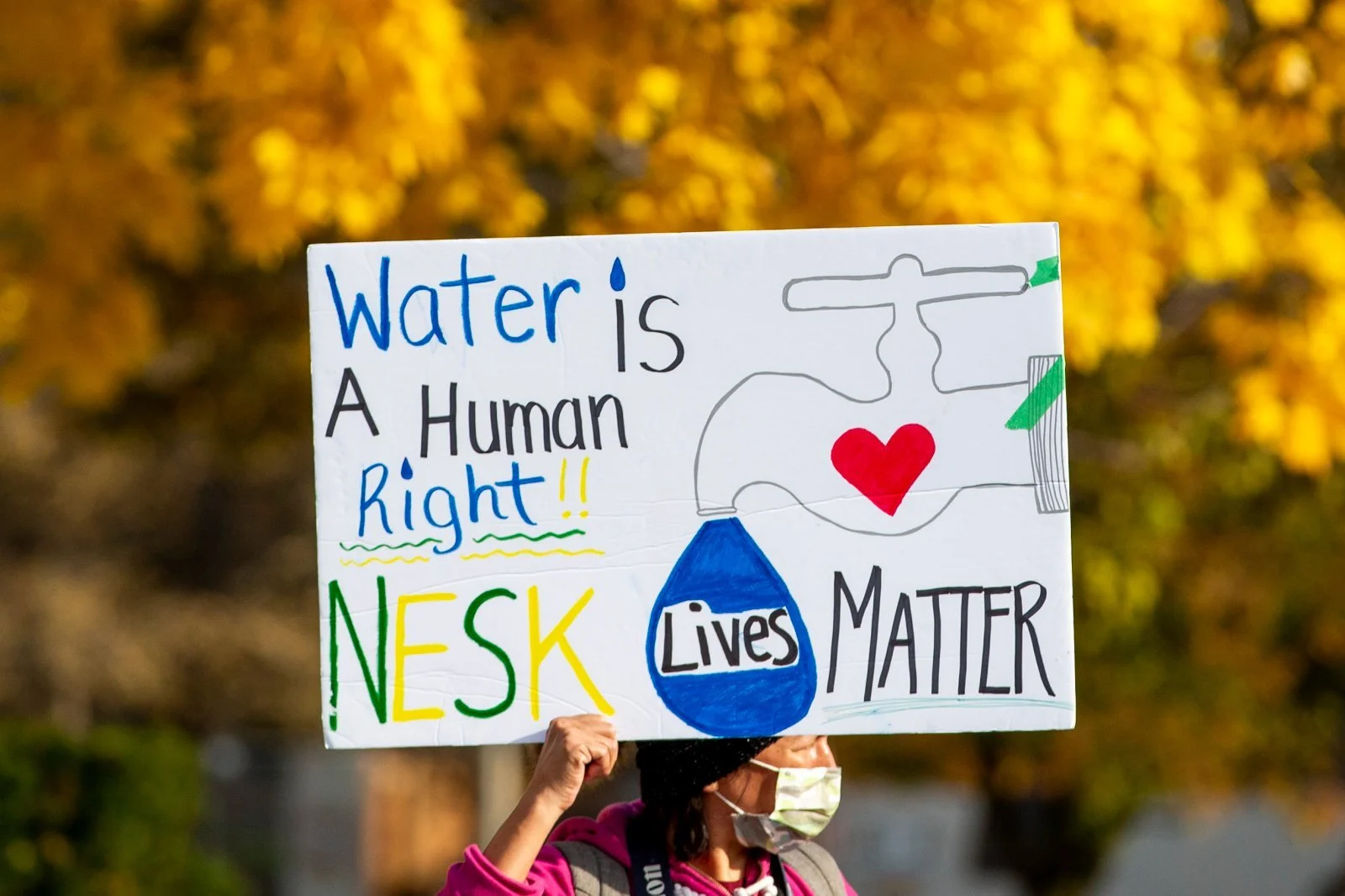He promised to end boil-water advisories in First Nations communities within five years. He said constitutionally guaranteed rights of First Nations are a sacred obligation. "I know that renewing our relationship is an ambitious goal. But I am equally certain that it is one we can, and will, achieve if we work together," Trudeau told the Assembly of First Nations in December 2015.
First Nations Finance Authority pitches monetization to address Indigenous infrastructure gap
The First Nations Finance Authority (FNFA) is calling on the federal government to fund First Nations infrastructure projects the same way it funds municipal and provincial projects to fulfill its promise to bridge the infrastructure gap between First Nations and the rest of Canada by 2030. A news release from FNFA says this relationship would be rooted in “partnership rather than paternalism.”
Regional Chief Cindy Woodhouse (Manitoba) Calls for Support of First Nations-Led Water Priorities and Realizing the Human Right to Safe Drinking Water
Manitoba Regional Chief Cindy Woodhouse of the Assembly of First Nations spoke at the United Nations Water Conference in New York, advocating for the rights of First Nations in any action related to water governance. She emphasized the need for intensified action to achieve safe drinking water and sanitation for all Indigenous peoples, which is a fundamental human right.
Work is ongoing to end remaining long-term drinking water advisories: Trudeau
Prime Minister Justin Trudeau says his Liberal government remains committed to ending all long-term drinking water advisories that exist on First Nations, despite not setting a new date to do so. Trudeau discussed the work done up to now on the issue during an address Thursday to a virtual gathering of chiefs with the Assembly of First Nations (AFN). To date, he says, the Liberals have helped lift 120 long-term drinking water advisories. A government website reports there are 42 such advisories still in place in 30 different communities.
How colonial systems have left some First Nations without drinking water
Rebecca Zagozewski, executive director of the Saskatchewan First Nations Water Association, said she has seen contractors save on costs when building water treatment plants on reserves by using obsolete parts and failing to include maintenance manuals, ventilation or chemical rooms, and bathrooms. “Engineering companies will put in their bids obviously as low as they can go,” said Zagozewski.
Clean water for First Nations critical during the COVID-19 pandemic: Activists
Activists in northeastern Ontario fighting for safe, clean water in First Nations communities across Canada are getting tired of broken promises. After five years and millions in spending, the Liberal government announced in early December that it would not fulfill its commitment to end all long-term water advisories on reserves by March 2021. Although some progress has been made – 97 advisories have been lifted since November 2015 – there’s still a long way to go. There are 59 active long-term water advisories in 41 communities across the country, and activists maintain that clean water should be a priority for the federal government, especially during a global pandemic. “Water is a basic human right, and nobody should have to beg for it. This is wrong, and it’s come to the point where I think it comes down to racism,” said Autumn Peltier, a teenage water-rights activist from Wiikwemkoong Unceded Territory on Manitoulin Island.
Indigenous-driven water governance approaches crucial: experts
As work continues on combating water issues facing First Nations in Canada, researchers and organizations are increasingly looking at the role of Indigenous self-determination in terms of policy, research and governance. In November, the Assembly of First Nations (AFN) held its third annual water symposium, with the theme of First Nations Water Post-2021.
Indigenous teen to advocate for clean water in Canada at UN
The first time Autumn Peltier noticed a boil-water advisory in a First Nations community, she was just eight years old. “I asked my mom what that meant,” Peltier, who is turning 15 this week, told CTVNews.ca by phone. “When she explained to me that our water is not safe to drink, it all hit me.” The Indigenous teen from northeastern Ontario has since been advocating for clean water in First Nations communities across the country. Peltier is in New York City this week to speak about the importance of clean water at the Global Landscape Forum at the UN.









